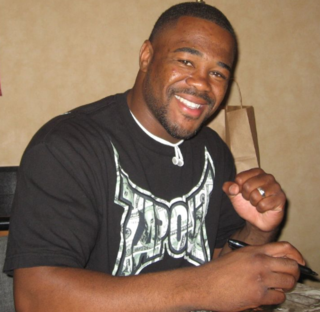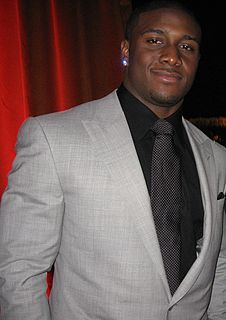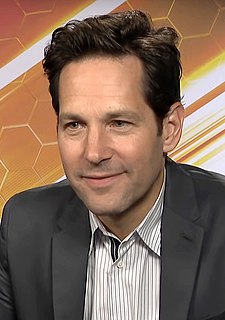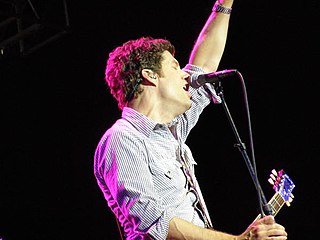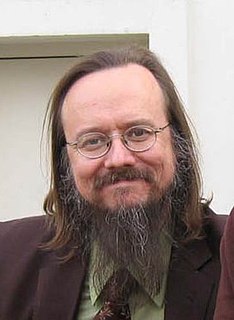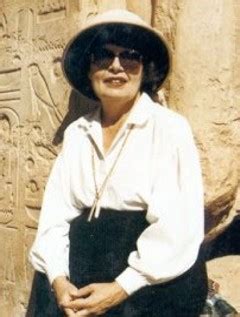A Quote by Sonny Rollins
Improvisation is really not so much remembering things. And this is what I do when I play. I forget things. When I go on the stage, I want my mind to be a blank, so that I can - things can come into me without my knowing where they came from.
Related Quotes
It isn't a hunch but the subconscious mind, which is the creative mind, at work. That is the mind which makes artists do things without their knowing how they came to do them. Perhaps with me it was the cumulative effect of a lot of little things individually insignificant but collectively powerful.
There is what Steve Blank calls the stage where you are searching for a scalable business model. Then, there is the stage when you have found that model and need to scale it. In the former stage you have to have a "beginner's mind," be in learning mode, and expect to learn things you didn't anticipate.
The only thing I know that makes me feel comfortable is to know as much as I can. Not like what the shots are going to be, but knowing enough about my character that I can forget those things. And more specifically, my lines. I have to know my lines. I have to know something really well, so I can forget it when we're doing it. And there is comfort in knowing, "Okay, there's not another stone that I could have overturned."
Many people in Western culture are striving for success. They want the home, they want the great business. They want all of these outer things. But what we found in our research is that having those things, certainly doesn't guarantee what we really want, which is happiness. And that's when all those outer things come. They don't come from going after them first to get the happiness, it's backwards; you go for the sense of inner joy, of inner peace, of inner vision first and then all of the other things from the outside appear.
I try not to think of myself in any category, and I don't ever really try to imagine myself competing with another actor. I just know I want to do the things that I would want to see, and I know the things that turn me on, whether it's on the stage, or it's a play or a film. I just kind of want to keep doing my own thing.
Trust the young people; trust this generation's innovation. They're making things, changing innovation every day. And all the consumers are the same: they want new things, they want cheap things, they want good things, they want unique things. If we can create these kind of things for consumers, they will come.
Inspiration is the most valuable commodity for an artist; it is for me anyway. I can't move forward in any way if I don't feel a strong spark of excitement or creativity. Sometimes it is very difficult to get things flowing. It's important to be in a peaceful state of mind, and then I invite the spirits to come into the studio. I don't stare into a blank canvas or paper. I look through my various collections of books, toys, statues, photographs and other things, and something will trigger an idea. My studio is packed full of things that inspire me.


